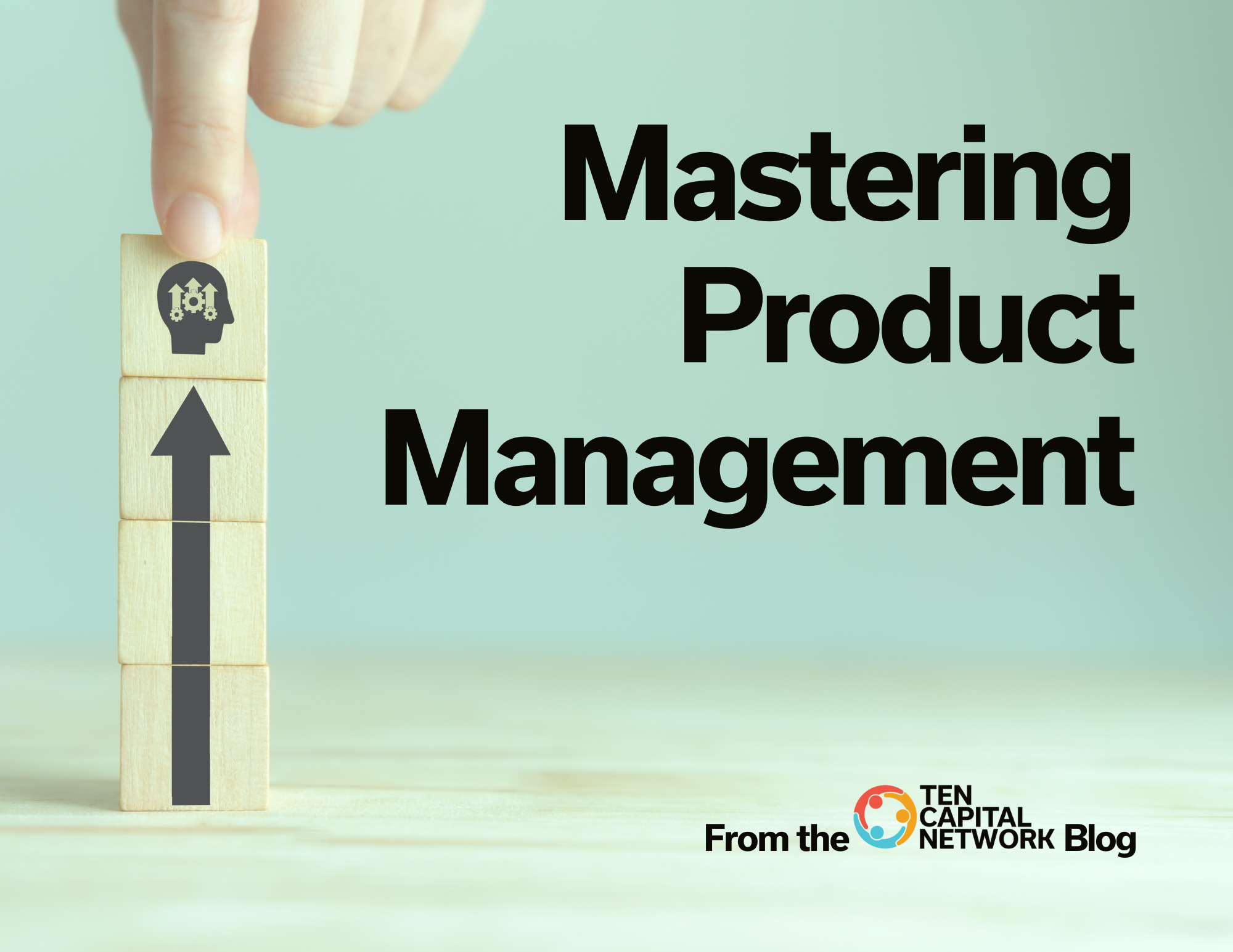2 min read For every business, there comes a time to sell. Whether you are a startup or an investor, recognizing when this time is key to success. In this article, we cover when you should consider selling a business, how long it takes, and the benefit of taking an early exit.
When to Sell Your Business
Ask the following questions to find if now is the right time to sell your business:
Do you still want to run the business? You may want to move on to new projects and opportunities and the current business may no longer be fulfilling.
Do you still believe in the business and what it can do for you? Sometimes the market changes and the business opportunity is no longer there.
What can you get from the business today versus two years from now? Waiting a few years to sell may give you a better exit.
Do you need more funding, and can you raise it? If your business needs funding to continue and you can raise it, then do so. If you cannot, then consider exiting.
What do the other team members want to do? Aside from your own interests, what do the other stakeholders want? It takes a team to run a business. If they want an exit, that should be part of the consideration.
Early Exits
In setting the exit, most investors look to maximize the exit value. It’s important to remember that the metric investors use, IRR or Internal Rate of Return, has a time component to it. The faster the exit, the higher the IRR. As an investor, consider pursuing the highest IRR over the biggest dollar exit as bigger exits take longer.
While the news highlights the biggest exits, the vast majority of exits are under $20M. Selling a business for under $20M is not that hard. Growing a business and selling it over $100M is very hard. Most acquirers don’t need the business to be large, they only need to know the business model is defined and is profitable.
Staying in the deal longer opens up the investor for dilution and other events that reduce the return on investment. A startup should be proving its business model and turning it into a repeatable, predictable process. With funding and time, it will scale. As an angel investor, you should look for early exits and structure your investments accordingly.
Timeline for an Exit
Most startups are launched with the idea of selling the business for a substantial gain in five to seven years. Many companies reach that stage and find they can’t sell the business, at least not for the price they want.
It takes six months to a year to complete a buyout. Delays often come from the startup not being prepared or ready for the M&A process. Also, setting valuation and final terms can take substantial time for research and negotiations.
To shorten the time, consider the following:
- Identify and contact the likely buyers and build a relationship before starting the process.
- Position the startup leadership as a thought leader with published articles and keynote speeches to provide credibility.
- Build a data room of key documents that will be used in a transaction process. This is basically a gathering process but does take some time.
- Beware of competitors in the diligence process as they will have access to your detailed financials and other information.
- Understand the interest level from the buyer and what other activities may delay their work on your deal.
- Set realistic expectations for how fast things will go.
Read more in the TEN Capital eGuide: https://www.startupfundingespresso.com/how-to-achieve-an-exit/

Hall T. Martin is the founder and CEO of the TEN Capital Network. TEN Capital has been connecting startups with investors for over ten years. You can connect with Hall about fundraising, business growth, and emerging technologies via LinkedIn or email: hallmartin@tencapital.group





